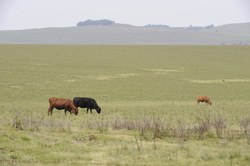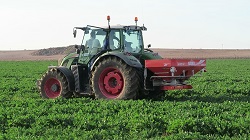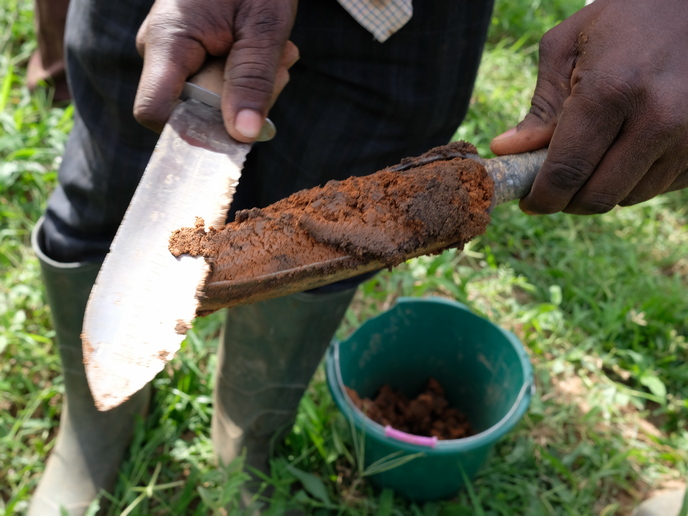Supporting innovative agriculture in water-dry areas
Drylands are often considered incapable of sustaining livelihoods. However, the African drylands population has proved remarkably resilient, with main food production coming from the cultivation of field crops and of pasture used for grazing. Although the African economy is built on the foundation of agriculture, very little money is allocated to this sector. Given the resilience of the African drylands population together with its openness to innovation, the ‘Unlocking the potentialities of agriculture in Africa's drylands for fighting hunger’ (AIDA) project was designed to foster research efforts and facilitate the development of rural drylands. The researchers sought to identify successful projects and assess the drivers behind the successes in order to develop policy recommendations and promote investment in agricultural innovations. They focused on farm household systems and farm level activities, evaluating criteria for social, cultural, environmental and economic sustainability. Although design of a generic approach to investment in sustainable development is difficult, the researchers succeeded in creating a database of effective development projects and a template for evaluation of future projects. They evaluated individual case studies and tested alternative hypotheses within the involved communities using participatory rural appraisal (PRA) techniques and on-farm trials. The AIDA project gave particular emphasis to dissemination of project results through conferences, a dedicated website and extensive use of media coverage so as to reach the general public. In summary, the AIDA project resulted in a database of successful innovations in sustainable agriculture in Africa’s drylands, a framework for analysing projects and prioritising options for successful implementation, and policy briefs for fostering policy development and funding of the agricultural pillar of Africa’s economy. The AIDA project should thus have significant impact on sustainable agriculture in Africa’s drylands, helping to reduce poverty and hunger in a region characterised by its resilience to drought and climate change in the face of limited budgetary allocation.







